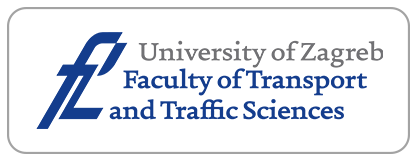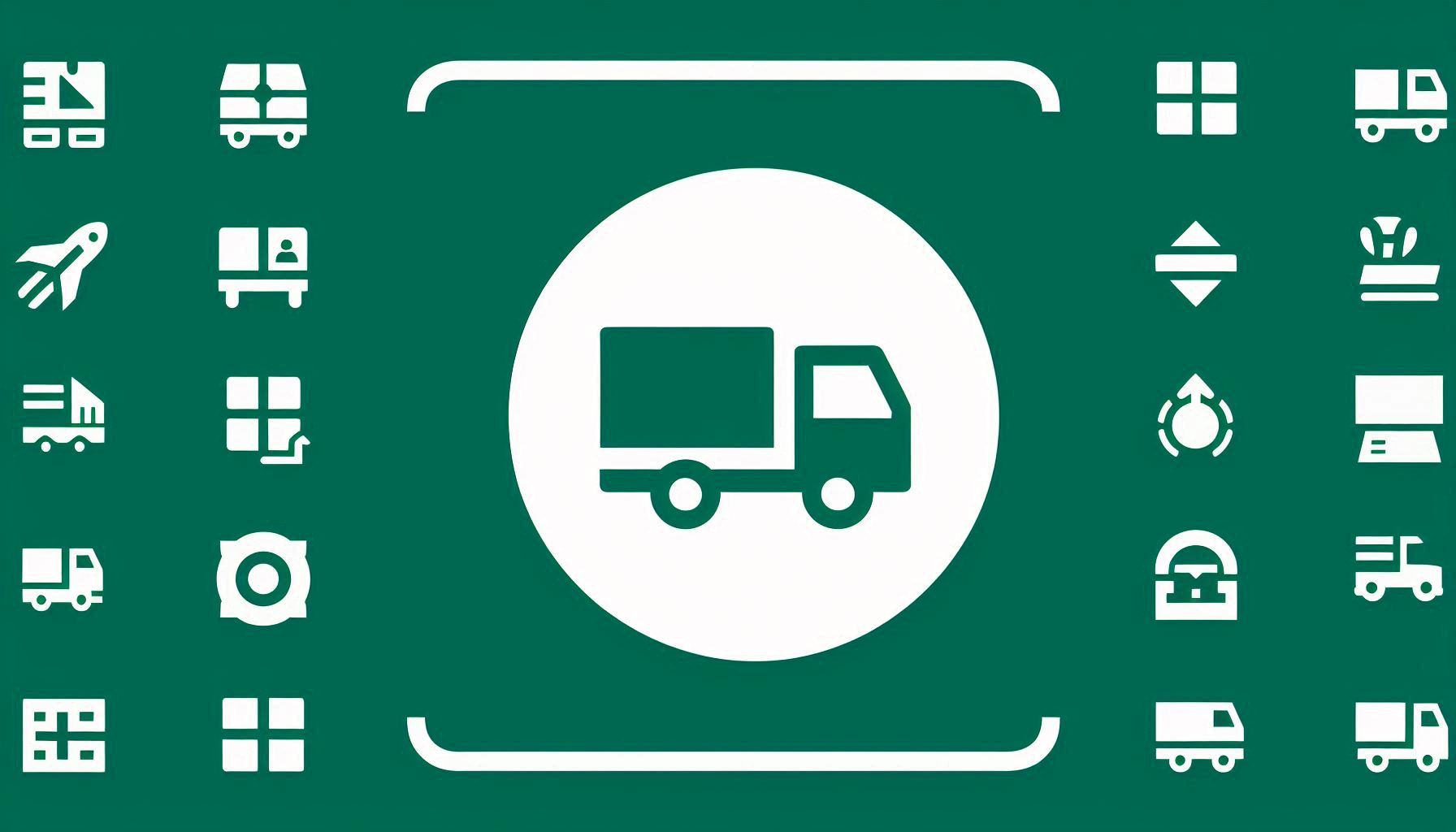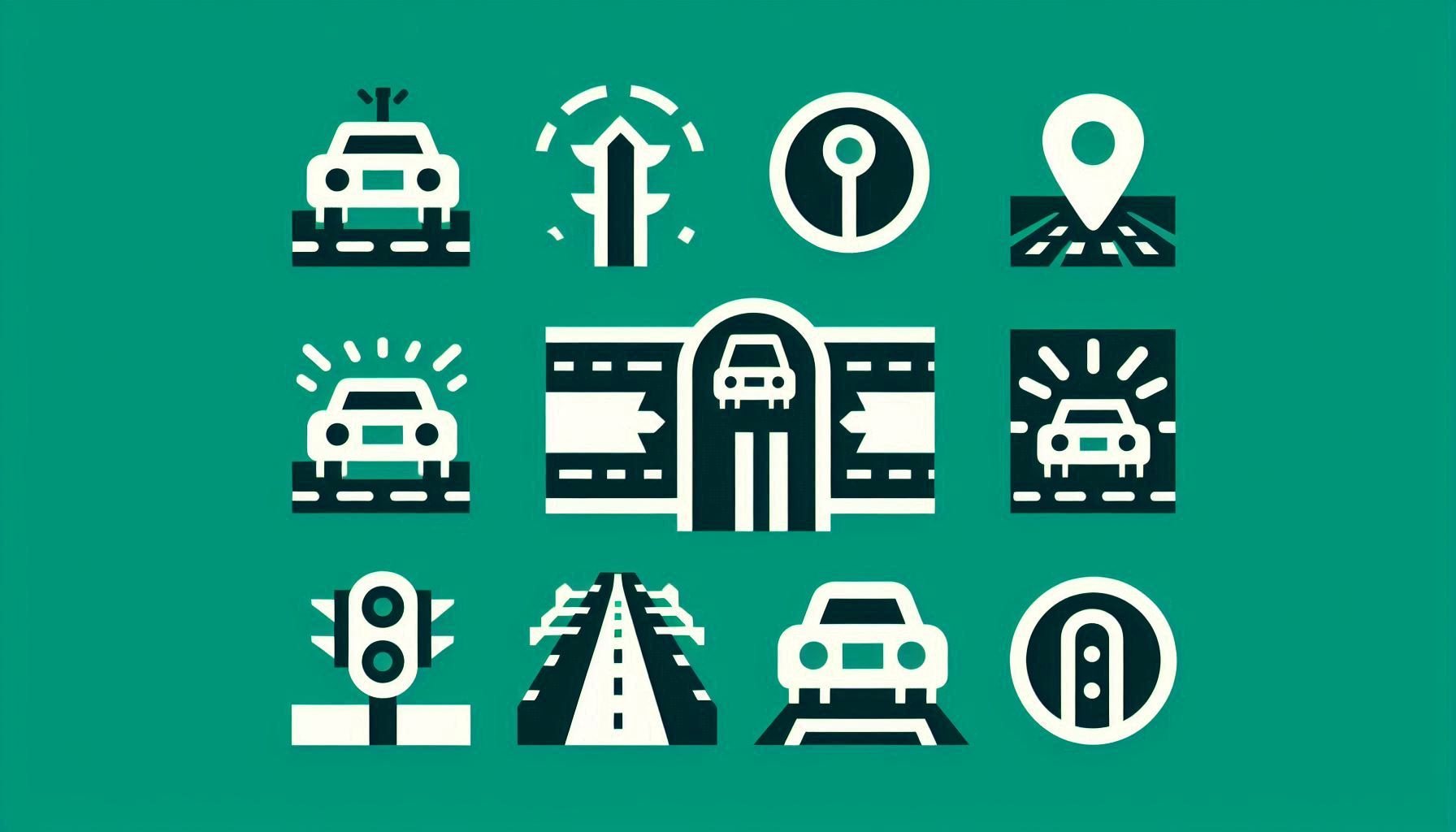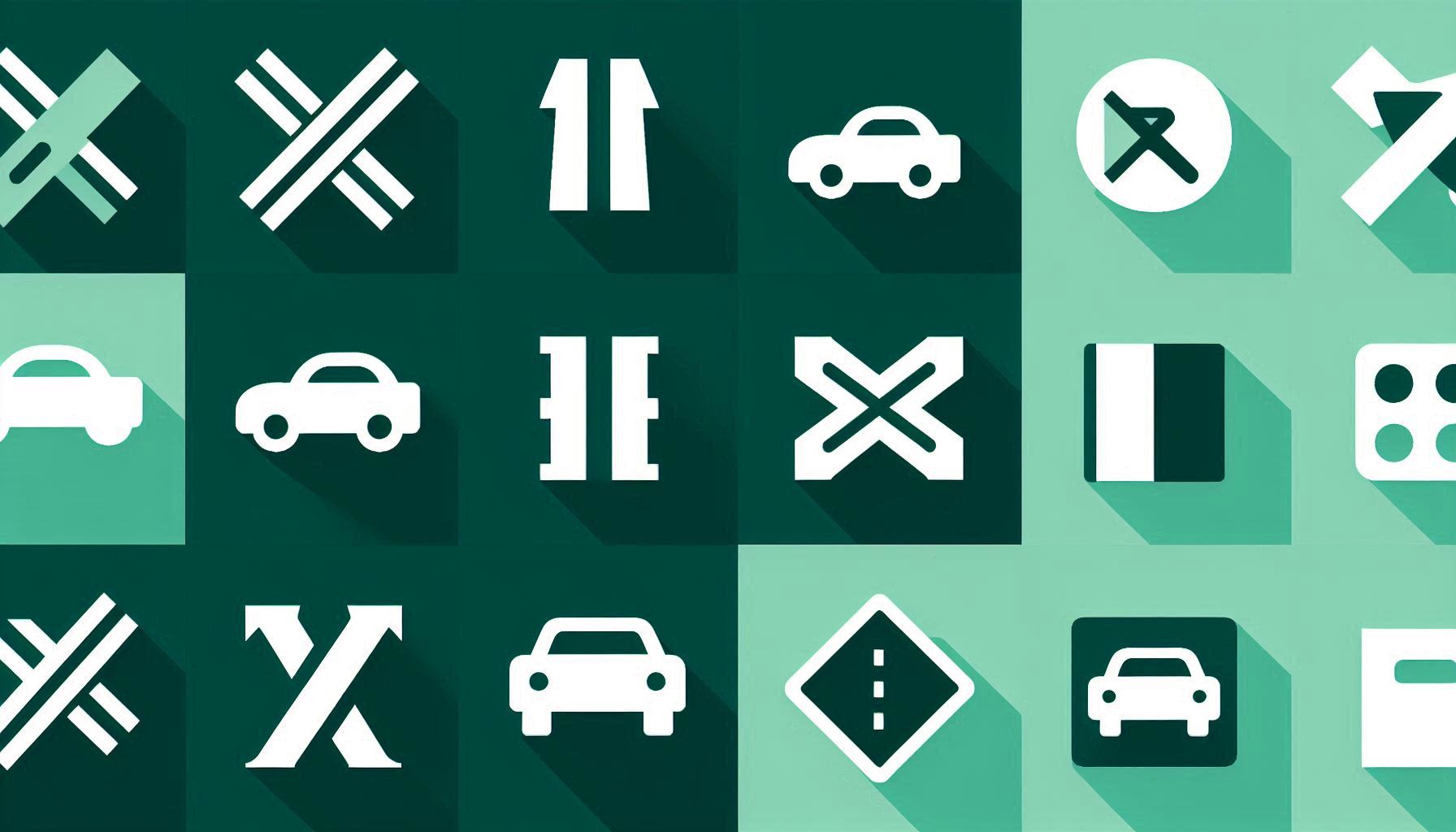DYMEMULP – Dynamic Model of Process Optimisation in Regional Logistics
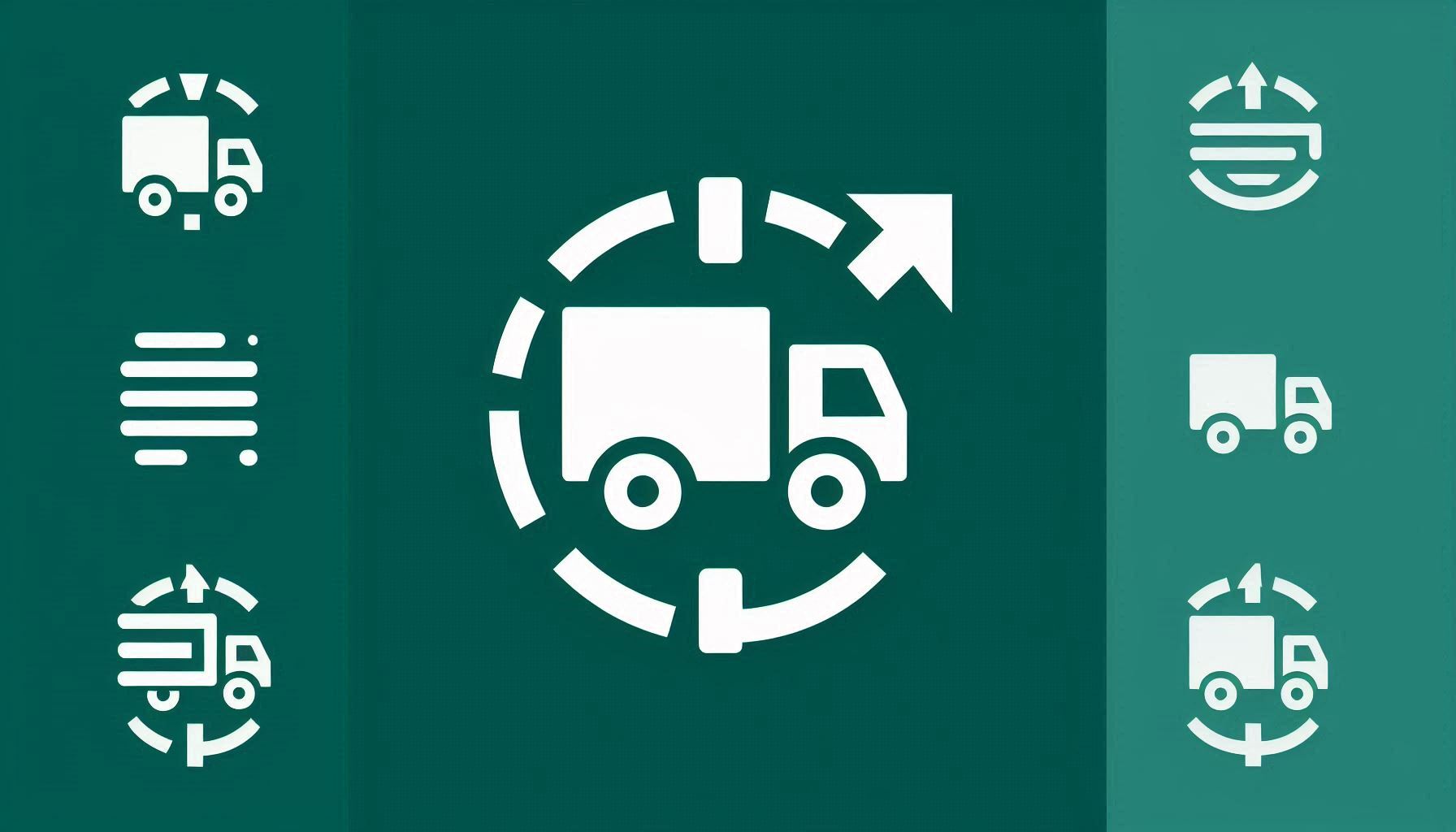
Downloads
The expansion of logistics requirements, limited space and strict requirements of generators of logistics requests (GLR) in terms of service quality complicate the supply of the region, resulting in the necessity to improve logistics models (MoL). Proximity to water, the presence of ports and piers along the coast, new eco vehicles and the development of cooperation between land and water transport are elements for improving the existing MoLs in an economically and environmentally acceptable way. Research on the development of an improved multi-echelon logistics network with variable terminals including the coordination and cooperation of a heterogeneous group of transport agencies for the realisation of goods flows represents an innovation in regional logistics (RL). This article presents an integrated MoL development process using dynamic optimisation with a focus on spatial, temporal, transport, economic and environmental components.
Downloads
Ivanović Ž. One approach to the development of models of logistics of touristics coastal regions. Proceedings of Conference LOGIC (LOGistics International Conference). Faculty of Transport and Traffic Belgrade; 2013. p. 138-143.
Ivanović Ž. Model of logistics of tourist area. Ph.D. thesis. Faculty of Transport and Traffic Belgrade; 2015.
Taniguchi E, Thompson GR, Yamada T, van Duin R. City Logistics - Network Modelling and Intelligent Transport Systems. London: WIT Press; 2001.
Egger D, Ruesch M. BESTUFS D 2.3. - Road pricing and urban freight transport, Urban freight platforms. Best Practice Handbook. 2002.
Ivanović Ž, Bauk S. Multiphase approach to developing model of logistics for coastal tourist destinations. Promet – Traffic&Transportation. 2014;26(5):405-418. DOI: 10.7307/ptt.v26i5.1458.
Gonzales-Feliu J. Freight distribution systems with cross docking: A multidisciplinary analysis. Journal of the Transportation Research Forum. 2012;51(1):93-109. DOI: 10.5399/osu/jtrf.51.1.2821.
Sterle C. Location-Routing models and methods for Freight Distribution and Infomobility in City Logistic. Ph.D. thesis. Universit`a degli Studi di Napoli; 2009.
Daganzo CF. Public transportation systems: Basic principles of system design, operations planning and real-time control. Berkeley: University of California; 2010.
Stanimirović Z, Kratica J, Filipović V, Tošić D. An evolutionary approach to solving hub location problems. Belgrade: Institute for textbooks; 2011.
Crainic TG, Mancini S, Perboli G, Tadei R. Multistart heuristics for the two echelon vehicle routing problem. Lecture Notes in Computer Science. 2011;6622:179-190. DOI: 10.1007/978-3-642-20364-0_16.
Crainic TG, Ricciardi N, Storchi G. Advanced freight transportation systems for congested urban areas. Transportation Research Part C: Emerging Technologies. 2004;12(2):119-137. DOI: 10.1016/j.trc.2004.07.002.
Jacobsen S, Madsen O. A comparative study of heuristics for a two level routing location problem. European Journal of Operational Research. 1980;5(6):378-387. DOI: 10.1016/0377-2217(80)90124-1.
Nagy G, Salhi S. Location routing: Issues, models and methods. European Journal of Operational Research. 2007;177(2):649–672. DOI: 10.1016/j.ejor.2006.04.004.
Nakamura Y, Taniguchi E, Yamada T, Ando N. Selecting a dynamic and stochastic path method for vehicle routing and scheduling problems. Procedia - Social and Behavioral Sciences. 2010;2(3):6042-6052. DOI: 10.1016/j.sbspro.2010.04.017.
Perboli G, Tadei R, Vigo D. The two echelon capacitated vehicle routing problem: Models and mathbased heuristics. Transportation Science. 2009;45:364-380. DOI: 10.2307/23018533.
Groer C, Golden B, Wasil E. A library of local search heuristics for the vehicle routing problem. Mathematical Programming Computation. 2010;2(2):79-101. DOI: 10.1007/s12532-010-0013-5.
Qureshi AG, Taniguchi E, Yamada T. Exact solution for the VRP with semi soft time windows and its application. Procedia - Social and Behavioral Sciences. 2010;2(3):5931-5943. DOI: 10.1016/j.sbspro.2010.04.008.
Gonzalez-Feliu J. Models and methods for the city logistics: The two echelon capacitated vehicle routing problem. Ph.D. thesis. Politecnico di Torino; 2008.
Gonzales-Feliu J. Freight distribution systems with cross docking. Journal of the Transportation Research Forum. 2012;51(1):93-109. DOI: 10.5399/osu/jtrf.51.1.2821.
Russo F, Comi A. A modelling system to simulate goods movements at an urban scale. Transportation. 2010;37(6):987-1009. DOI: 10.1007/s11116-010-9276-y.
Fahimnia B, Luong L, Marian RM. An integrated model for the optimization of a two-echelon supply network. Journal of Achievements in Materials and Manufacturing Engineering. 2008;31(2).
Copyright (c) 2023 Željko Ivanović

This work is licensed under a Creative Commons Attribution-NonCommercial 4.0 International License.





